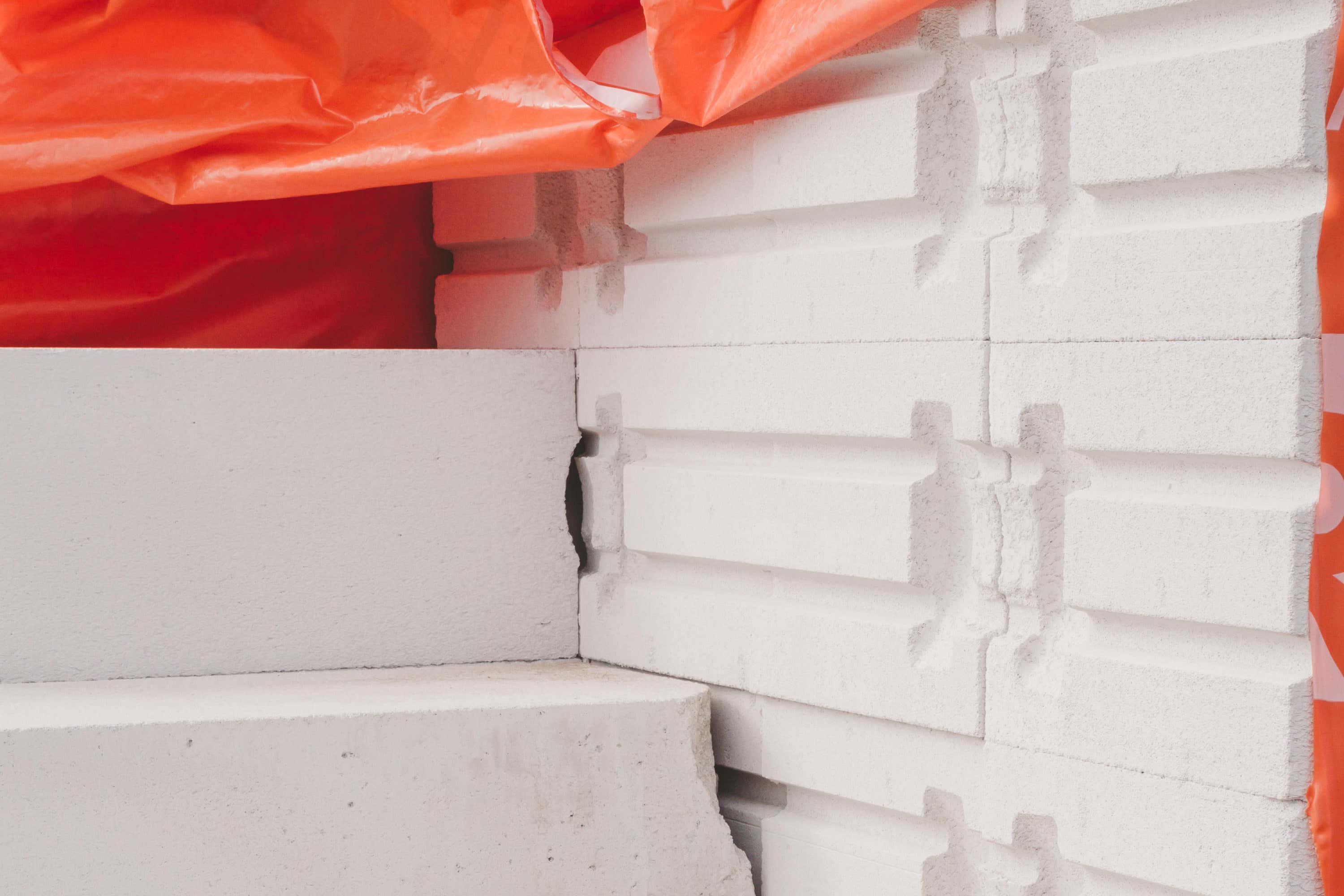All trusts should have funding to remove unsafe concrete, health chief says
It comes after the presence of reinforced autoclaved aerated concrete forced more than 100 schools to fully or partially close buildings.

All NHS trusts should have access to the necessary funding to replace concrete that has been deemed unsafe “as soon as possible”, a health chief has said.
The Government has committed to rebuilding seven hospitals most affected by reinforced autoclaved aerated concrete (Raac) by 2030.
The lightweight material was used in public buildings from the 1950s up to the mid-1990s, but is now assessed to be at risk of collapse.
Earlier this year, NHS Providers published a report calling for the “long-neglected” NHS estate in England to be brought “into the 21st century”.
It also described Raac as presenting a “major and unjustifiable safety risk”.
The Government said it “remains committed” to eradicating Raac from the NHS estate by 2035.
Trusts that missed out on additional capital funding following the recent New Hospital Programme announcement still need major investment to overhaul ageing estates, and to address other infrastructure risks that can compromise patient and staff safety
Sir Julian Hartley, chief executive of NHS Providers, said the organisation “welcomed” recent Government action, but called for all trusts to have access to cash to replace Raac where necessary.
“We welcomed recent government action to replace dangerous, crumbling old concrete blocks in ceilings and walls by ensuring the seven trusts with the most critical Raac risk will be replaced by 2030,” he added.
“The Government has made a commitment that the remaining Raac risk will be removed from the NHS estate by 2035.
“However, it is vital that all trusts can access the necessary capital funding to replace these concrete planks as soon as possible.”
When asked by the BBC if hospitals are safe, schools minister Nick Gibb said: “Yes, they are. Hospitals are very large buildings. They have big and expert maintenance teams in those hospitals.
“They can use propping, and they are using propping so they can move patients from one ward to the other.
“It’s a very different estate from the school estate.”
Raac planks are thought to be present in 34 hospitals’ buildings in England.
The Government launched its New Hospitals Programme in 2020 pledging to build 40 new hospitals by 2030.
However, a report by the public spending watchdog in July said it is on track to break a key promise in the blueprint.
The National Audit Office (NAO) found delays in projects mean the target is not likely to be met.
By the watchdog’s analysis, 32 hospitals in England classed as new by the definition the Government first used are set to be completed in 2030.
Sir Julian added: “Trusts that missed out on additional capital funding following the recent New Hospital Programme announcement still need major investment to overhaul ageing estates, and to address other infrastructure risks that can compromise patient and staff safety.”
A Department of Health and Social Care spokesperson said the NHS will continue its “current approach” of monitoring and mitigating risks.
“The NHS has a mitigation plan in place for hospital buildings with confirmed Raac, backed with significant additional funding of £698 million from 2021 to 2025, for trusts to put in place necessary remediation and failsafe measures.
“We remain committed to eradicating Raac from the NHS estate entirely by 2035.
“Additionally, we have announced that the seven most affected NHS hospitals will be replaced by 2030 through our New Hospital Programme.
“The technical advice received from the NHS is that the current approach to monitoring and mitigation remains appropriate.”
In recent days, the Department for Education (DfE) has told 104 schools they must partially or fully close buildings as pupils prepare to return after the summer holidays due to the presence of Raac.
Bookmark popover
Removed from bookmarks